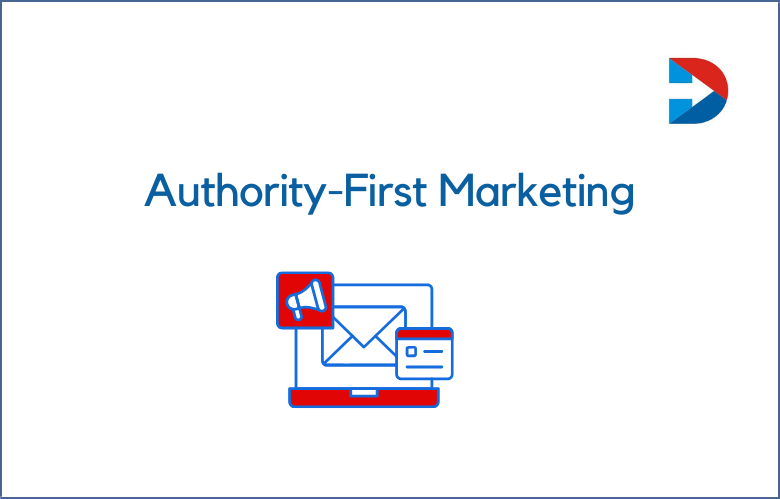
With the rise of global trade and communication, export marketing has become more critical than ever before.
Whether you’re running an established business or just starting, exporting can provide numerous opportunities for growth and diversification.
We’ll discuss the basics of export marketing, including its importance, benefits, and how to get started.
What is Export Marketing, and Why is it important?
As businesses expand their reach beyond their home country, one critical aspect that comes into play is Export Marketing.
Export Marketing refers to promoting and selling products or services to consumers in other countries. It’s all about developing marketing strategies to help businesses penetrate new markets and increase sales.
We’ll delve deeper into what Export Marketing is, its importance, and the strategies used to foster success.
Export Marketing is vital for any business wanting to enter new markets or expand their existing ones. It involves tailoring marketing campaigns to reflect cultural differences, local factors, and target consumer needs.
A company’s Export Marketing strategy should align with the company’s goals, culture, and budget.
It must go beyond simply translating promotional materials into a new language and considering relevant foreign trade laws and regulations.
Why is Export Marketing important?
Exporting can help you expand your reach beyond your domestic market, which can be essential if you want to grow your business. Focusing on new markets overseas can increase sales, improve brand recognition, and diversify revenue streams.
It can help you mitigate the risks associated with operating in a single market by spreading your business across multiple countries. Small businesses often face the challenge of finding new markets to expand their customer base and increase revenue.
One way to overcome this challenge is through exporting their products or services. Export marketing can be a profitable strategy for small businesses to reach a broader market and generate new revenue streams.
We will discuss why export marketing is essential for small businesses and highlight key benefits and strategies to help small businesses succeed in export marketing.
To start with export marketing, you must determine the best market for your products or services. Start by researching to identify potential needs and assess their opportunities and risks.
Once you’ve identified the market, you must develop an export strategy, including setting clear goals, identifying critical success factors, and creating a marketing plan.
To execute your plan successfully, secure the necessary resources, such as funding, staff, and expertise.
Export Marketing: Your Gateway to Global Expansion?
Export marketing is a powerful strategy to help your business grow beyond borders and explore new markets worldwide.
Whether you are a start-up or an established enterprise, exporting can unlock new opportunities and revenue streams while increasing your brand value and expanding your customer base.
We will delve deeper into the benefits of export marketing and the critical steps involved in developing an effective export strategy.
We will cover everything you need to know, from market research to logistics, to take your business global.
Boost Your Business with Export Marketing
In today’s highly competitive world, businesses continually look for new ways to expand and grow. One of the best ways to achieve this is through export marketing.
Export marketing refers to promoting and selling goods or services in foreign markets to increase revenue and grow your business. It will cover everything you need about export marketing and how it can benefit your business.
Before beginning export marketing, you must identify which markets are the most promising for your product or service. This is where market research comes in.
It would be best to analyze the demand for your product or service in various countries, the competition, and the cultural differences that may impact your business.
Once you have identified the right market, you can tailor your products or services to suit the market’s needs.
What are the challenges of Export Marketing?
Understanding Cultural Differences
One of the biggest challenges of export marketing is understanding cultural differences. Understanding your target markets’ language, customs, and traditions is essential.
For instance, consumers’ preferences and buying habits in one country may differ significantly.
To overcome this challenge, you should invest in market research and partner with local distributors or agents who can provide valuable insights and contacts.
Legal Compliance
Export marketing requires compliance with various legal and regulatory requirements. Exporting to different countries may require additional documentation, certification, and compliance with export regulations, trade agreements, and import regulations.
This can be particularly challenging for small businesses that need more expertise or resources in international trade.
To overcome this challenge, you should seek the guidance of an experienced expert in export regulations who can help you navigate the complex regulatory environment.
Logistic Challenges
Exporting goods to international markets can pose a logistical challenge, from packaging to shipping and customs clearance.
Once your goods leave your company’s facilities, you have little control over their movement and delivery.
Working with reliable logistics providers with experience shipping to your target countries is essential.
This is particularly important for perishable goods requiring special handling and transportation.
Competitive Environment
Export marketing is highly competitive, with competition from established global players and new entrants.
Many markets are already saturated with similar products or services, making it difficult to differentiate yourself.
To overcome this challenge, you should develop a unique value proposition that sets you apart.
This could be in the form of a unique feature or benefit that your product offers or in the form of superior customer service or after-sales support.
Currency Fluctuation
Currency fluctuation is a significant challenge in export marketing, particularly for small businesses with limited resources.
A shift in exchange rates can significantly impact the cost of goods, making them more expensive for foreign customers.
This can make maintaining profitability and margins in the international market challenging.
To mitigate this challenge, consider hedging currency risks by locking in exchange rates through forward contracts or currency options.
What are the benefits of Export Marketing?
Increased Revenue and Profits
Export marketing allows businesses to reach a broader customer base, increasing revenue and profits.
By targeting international markets, businesses tap into larger markets with different needs and want they may not have been aware of before.
This can lead to higher sales volumes and production levels, ultimately translating to higher revenue and profits.
Diversification
Export marketing allows businesses to diversify their revenue and customer base, reducing the risk of relying solely on one market.
It also helps companies to spread their risks, as they have to deal with fluctuating economic conditions, political instabilities, or natural disasters in only one market.
By diversifying their customer base, businesses can ensure more stability in their revenue and future growth prospects.
Brand Awareness and Credibility
Export marketing increases brand awareness and credibility as businesses can expand their reach and tap into new markets.
Companies that can successfully export their products or services to another country are flourishing and trustworthy.
Brand recognition and credibility lead to increased long-term sales potential and a more significant market share in the international arena.
Innovation
As businesses deal with new and different markets, they encounter new challenges and must innovate to meet the needs of their new customers.
This spurs innovation, leading to new product development, more efficient production methods, and fresh marketing strategies that can be applied to domestic markets.
Cost savings
Export marketing can also lead to cost savings in production and distribution, as the larger business scale allows for more significant economies of scale. Companies can produce more products at a lower cost and distribute them to various countries more efficiently.
Conclusion
Export marketing can be valuable for businesses looking to expand their market reach and grow. Establishing your business in a new market may take time, effort, and investment, but the benefits can be significant.
Careful planning, research, and a willingness to adapt to local conditions are critical to a successful export marketing strategy. By following these steps, business owners can position themselves for success in the global marketplace.




